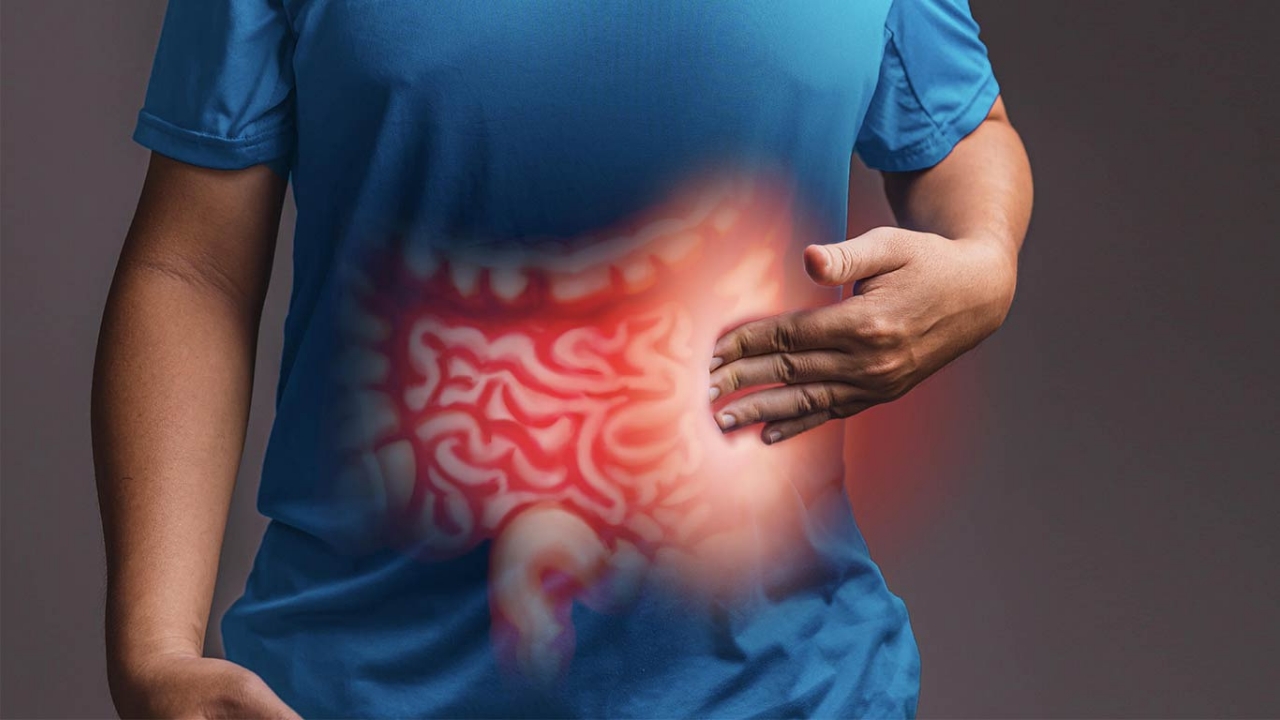CHANDIGARH
According to specialists, inflammatory bowel disease (IBD), which can cause severe dehydration owing to chronic diarrhea and vomiting and even typhoid in certain people, is more common during heat waves. Additionally, this is the time of year when viral infections can spread quickly.
Due to the heatwave’s effects on water and food pollution, patients are increasingly presenting with gastroenterological issues. In the summer, there is a very high chance that food and water may get polluted. As a result, the likelihood of developing jaundice, vomiting, and diarrhea rises. Due to the enhanced viral replication at this period, viral infections are also highly common. Due to pollution, the abrupt climatic shift raises the risk of viral infections and water- and food-borne illnesses.
Although the body can adapt to varied temperatures, it is unable to use this method when the temperature rises significantly. Simple heat fatigue is the beginning, and it becomes worse over time. Patients who work in the outdoors and complain of exhaustion, leg cramps, and even heat stroke have been examined by us. In certain cases, individuals who spend too long time in the intense heat get numerous organ failures. Extreme dehydration does occur occasionally, and the problem gets more complicated if the patient is already on medicine for other comorbidities.
There is a possibility of electrolyte imbalance in the bodies of diabetes and cardiac patients. Elderly persons and young children are more at danger.
People with comorbidities need to take extra care of their bodies, especially if they have problems with their hearts, kidneys, or livers. They must balance the amount of fluids they consume inside their bodies in addition to taking the usual safety precautions. Take some time to relax in a quiet area if the heat is making you feel lightheaded or queasy. They must not panic since doing so will put more strain on their hearts.
There have been instances when the heart has also been impacted. People have been presenting with tachycardia (low heart rate), acute cerebrovascular, and thrombogenesis (blood clots) issues, all of which need urgent attention.
It is advised against going outside in the afternoon when the temperature is at its peak, but if one must go outside immediately, they should wear loose clothing. Wear light-colored clothing, stay out of the sun, and avoid touching it if possible. Additionally, it is suggested that you stay away from hot, sweet, and sugary drinks like tea and coffee. Dehydration and a rise in body temperature might result from this.

 हिंदी
हिंदी






